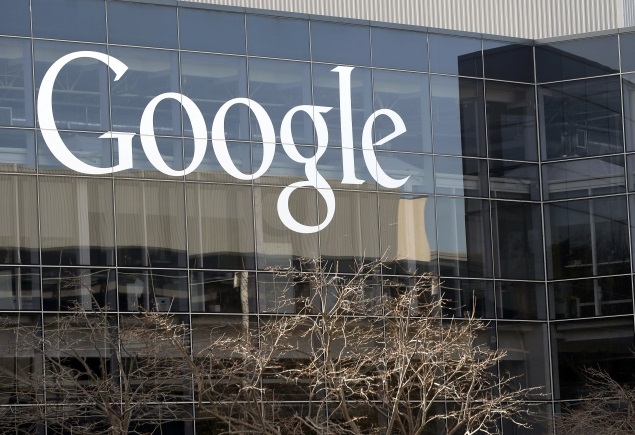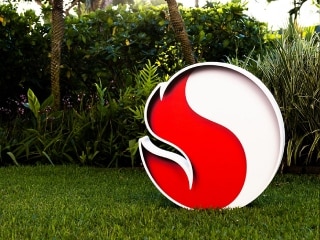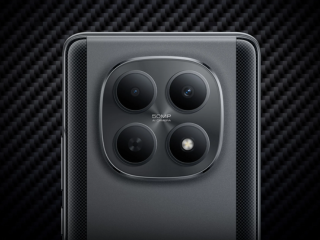- Home
- Mobiles
- Mobiles News
- Leaked document reveals Google's strict terms behind 'open' Android
Leaked document reveals Google's strict terms behind 'open' Android

The Mobile Application Distribution Agreement that has surfaced online is said to be the document signed between Google and HTC, ostensibly reveals strict guidelines that the search engine giant requires the Taiwanese mobile manufacturer to follow. However, the leaked document in question is three years old.
Some of the key provisions seen in the leaked Mobile Application Distribution Agreement include, "devices may only be distributed if all Google Applications (excluding any Optional Google Applications) authorized for distribution In the applicable Territory are pre-installed on the Device, unless otherwise approved by Google in writing."
Another provision spotted in the leaked MADA document indicates an Android phone manufacturer has to place the Google Search and Google Play store adjacent to the home screen, while other Google service apps should not be placed in more than one swipe screen away:
(1) Company will preload all Google Applications approved in the applicable Territory or Territories on each Device; (2) Google Phone-top Search and the Android Market Client leon must be placed at least on the panel immediately adjacent to the Default Home Screen; (3) all other Google Applications will be placed no more than one level below the Phone Top; and (4) Google Phone-top Search must be set as the default search provider for all Web search access points on the Device. Notwithstanding the foregoing, there are no placement requirements for Optional Google Applications.
It was previously known that Android devices manufacturers, in order to use the Android operating system along with Play Store services, have to sign an agreement with Google.
The leaked document comes from Harvard's Business School Professor Ben Edelman who posted the Google's document on his blog. Notably, Edelman is a consultant for Microsoft - this could imply the rival is taking a pot-shot at Google, or, that Microsoft perhaps got a hold of the document because it was planning to sign it.
It's worth pointing out that Google has been the subject of a European Commission investigation into its internet search practices since November 2010, when more than a dozen complainants, including Microsoft, accused the company of promoting its own services at their expense. Its first two attempts to resolve the case failed.
Catch the latest from the Consumer Electronics Show on Gadgets 360, at our CES 2026 hub.
Related Stories
- Samsung Galaxy Unpacked 2025
- ChatGPT
- Redmi Note 14 Pro+
- iPhone 16
- Apple Vision Pro
- Oneplus 12
- OnePlus Nord CE 3 Lite 5G
- iPhone 13
- Xiaomi 14 Pro
- Oppo Find N3
- Tecno Spark Go (2023)
- Realme V30
- Best Phones Under 25000
- Samsung Galaxy S24 Series
- Cryptocurrency
- iQoo 12
- Samsung Galaxy S24 Ultra
- Giottus
- Samsung Galaxy Z Flip 5
- Apple 'Scary Fast'
- Housefull 5
- GoPro Hero 12 Black Review
- Invincible Season 2
- JioGlass
- HD Ready TV
- Laptop Under 50000
- Smartwatch Under 10000
- Latest Mobile Phones
- Compare Phones
- OPPO A6 Pro 5G
- OPPO A6s
- OPPO Reno 15 Pro Max
- Honor Win RT
- Honor Win
- Xiaomi 17 Ultra Leica Edition
- Xiaomi 17 Ultra
- Huawei Nova 15
- Asus ProArt P16
- MacBook Pro 14-inch (M5, 2025)
- OPPO Pad Air 5
- Huawei MatePad 11.5 (2026)
- Xiaomi Watch 5
- Huawei Watch 10th Anniversary Edition
- Acerpure Nitro Z Series 100-inch QLED TV
- Samsung 43 Inch LED Ultra HD (4K) Smart TV (UA43UE81AFULXL)
- Asus ROG Ally
- Nintendo Switch Lite
- Haier 1.6 Ton 5 Star Inverter Split AC (HSU19G-MZAID5BN-INV)
- Haier 1.6 Ton 5 Star Inverter Split AC (HSU19G-MZAIM5BN-INV)

















